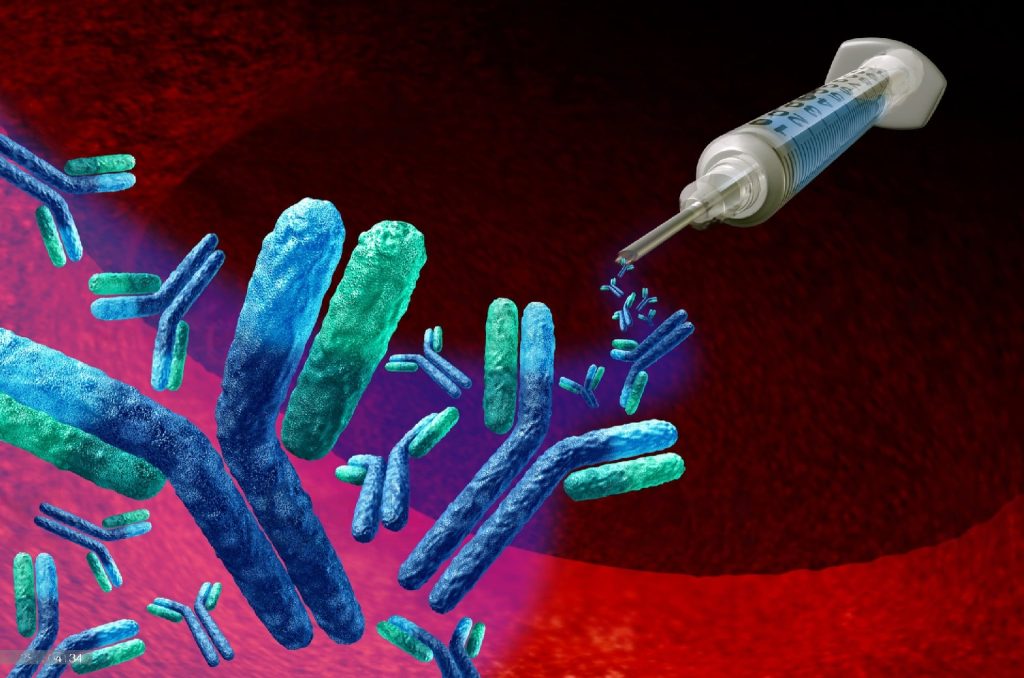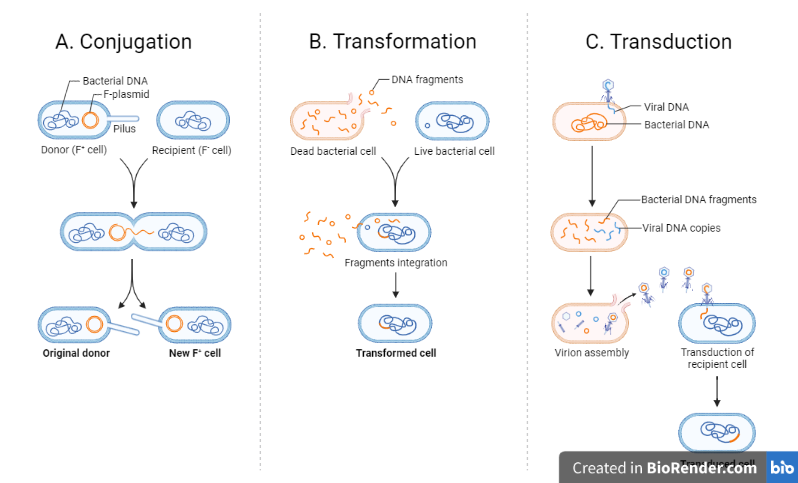Cell Locomotion: Amoeboid locomotion, Flagellar and ciliary location
Introduction: Cell locomotion may involve movement of the entire cell or a portion of it, to the benefit of the organism. This is a biological phenomenon displayed o enable many roles such as feeding, digestion, reproduction, circulation and protection. A cell’s or unicellular organism’s locomotion is accomplished by the use of flagella, cilia, and, in […]
Cell Locomotion: Amoeboid locomotion, Flagellar and ciliary location Read More »



